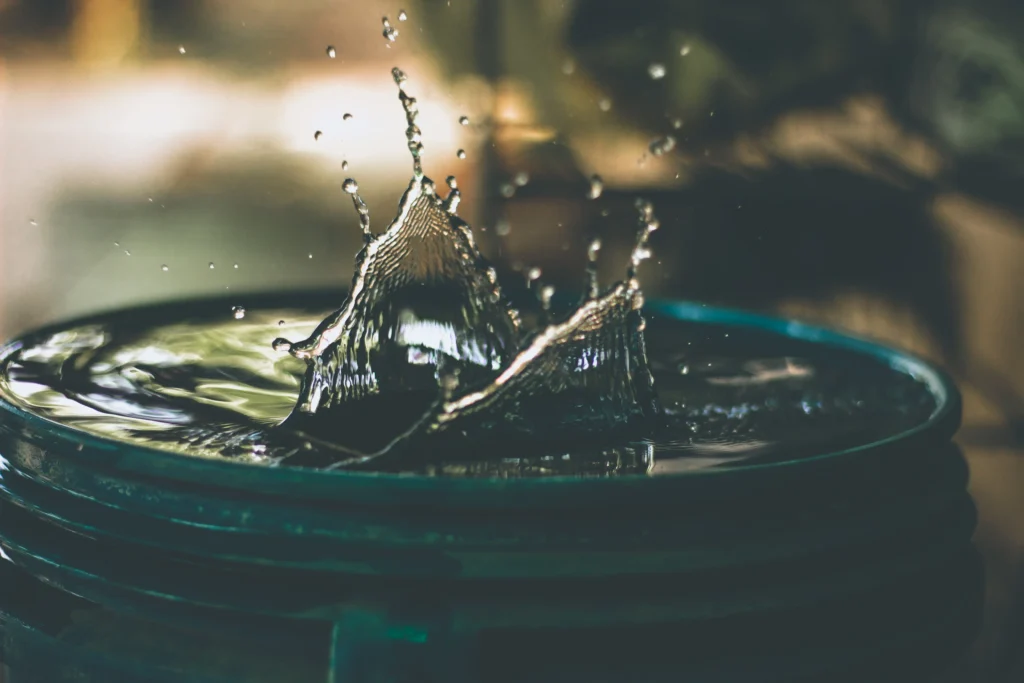
October 4, 2023
What is the Environmental Impact of Sewage Backup?
The environmental impact of sewage backup is a critical concern. Sewage backup not only poses risks to human health but also contributes to the degradation of the environment. It introduces hazardous materials and contaminants into ecosystems, affecting wildlife, vegetation, and water quality.
One of the primary concerns associated with sewage backup is the contamination of natural water sources. According to an article on the EPA’s website (source: EPA), sewage spills contain pathogens, nutrients, and chemicals that can cause waterborne diseases and algal blooms, leading to aquatic life death and habitat loss.
Identifying the Issues
The issues stemming from sewage backups are multifaceted. In Worcester and Hampden counties, the intricate landscape, including various water bodies and green spaces, is particularly vulnerable. A study published by the Massachusetts Department of Environmental Protection (source: MassDEP) highlights that contaminants like bacteria, viruses, and chemicals adversely affect both terrestrial and aquatic life. These pollutants upset the delicate balance of ecosystems, leading to long-term environmental damage.
Moreover, the Massachusetts Water Resources Authority (source: MWRA) has identified nutrient pollution as a significant concern. Excessive nutrients in water bodies lead to algal blooms, oxygen depletion, and, subsequently, fish and aquatic life death. It is a cycle of damage that further exacerbates the consequences of sewage backups.
Mitigating the Damage
One essential aspect of addressing these issues is prompt and effective clean-up. Time is of the essence to minimize the detrimental effects of sewage on the environment. Every moment wasted increases the risk of contaminants seeping into the soil, reaching water bodies, and spreading across ecosystems. Thus, remediation should be immediate, comprehensive, and conducted by professionals to ensure that the clean-up is thorough and that the contaminants are effectively removed.
Lilly’s Restoration offers a lifeline in such situations. Our expert team is equipped with state-of-the-art technology and possesses the necessary knowledge to address sewage backup efficiently and effectively. In Worcester, Hampden, and Hampton counties, we are the trusted partner in restoring safety and cleanliness, prioritizing the well-being of the community and the environment.
How do we help with the Environmental Impact of Sewage Backup?
At Lilly’s Restoration, we’re committed to mitigating the environmental impact of sewage backups. Our expert contractors are trained in the latest techniques and technologies to ensure that every sewage backup clean-up is thorough and environmentally conscious. We focus on not just removing the sewage but also on restoring the natural environment.
Our procedures are guided by a deep understanding of the local ecosystem in Worcester, Hampden, and Hampton counties. We employ targeted strategies to contain and eliminate contaminants, preventing the spread and minimizing damage to water bodies, vegetation, and wildlife. Moreover, we work closely with environmental agencies to ensure that our methods align with the best practices for ecological preservation.
Every step we take is geared towards reducing the environmental impact and restoring the balance of the affected ecosystems. Lilly’s Restoration is not just a service provider; we are your partners in ensuring that the beauty and vitality of our counties are preserved for generations to come. Your environment, our commitment.
Call now for a free consultation.
Lilly’s Restoration
(413) 213-3980
https://lillysrestoration.com/
Facebook:
https://facebook.com/lillysrestoration
Chamber of Commerce business profile:
https://business.worcesterchamber.org/list/member/lilly-s-restoration-35397
Counties Serviced:
- Worcester County, MA
- Hampden County, MA
- Hampshire County, MA
